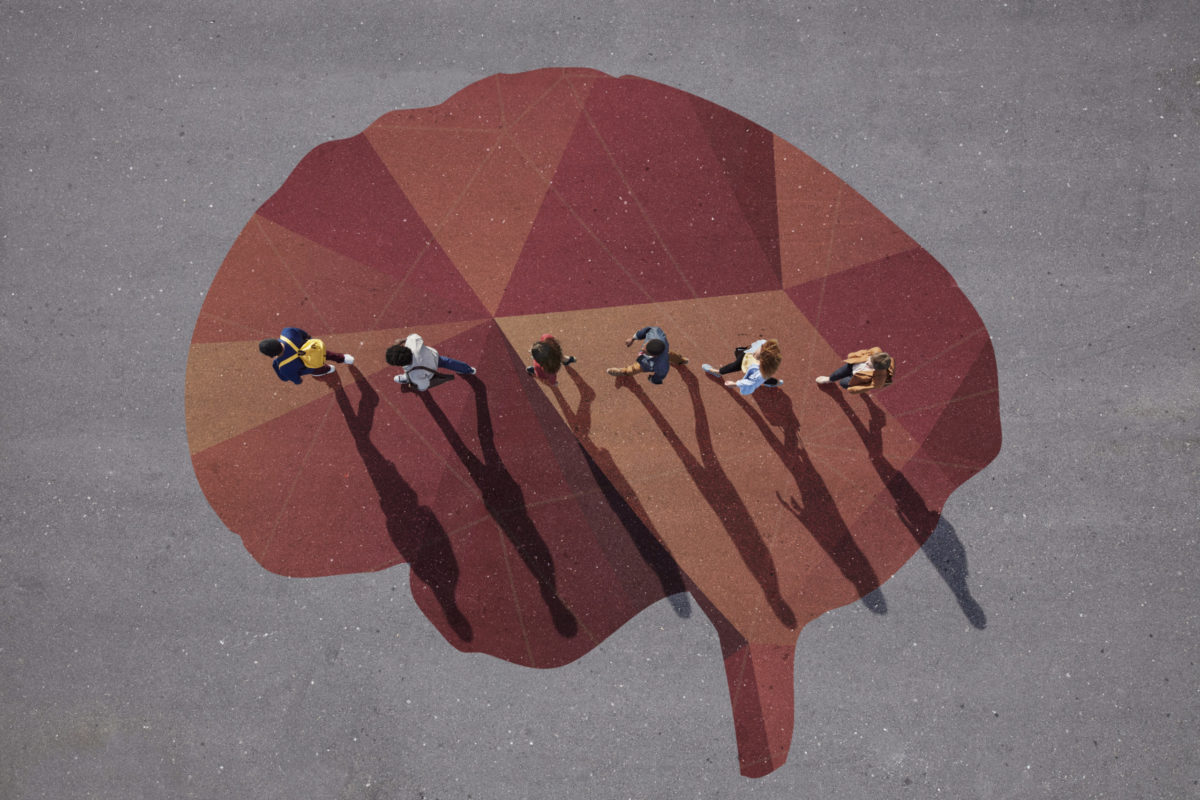Everyone has difficult experiences as a child. For some people, however, stressful or traumatic events in childhood have lifelong effects. Known as Adverse Childhood Experiences, ACEs create toxic stress, which disrupts brain development and physically alters DNA.
“ACEs are traumatic events that happen before a person turns 18,” says Dr. Jill Amos, licensed behavioral health psychologist for BlueCross BlueShield of Tennessee. “The events themselves include everything from abuse to the death of a family member to natural disasters, but the one thing they all have in common is that they can have lasting effects on your health.”
What are the most common ACEs?
All 10 ACEs fall into 3 categories:
Abuse
- Physical
- Emotional
- Sexual
Neglect
- Physical
- Emotional
Dysfunction at home
- Mental illness
- Mother treated violently
- Incarcerated relative
- Substance abuse
- Divorce
 Are any ACEs more common?
Are any ACEs more common?
“Yes, childhood abuse is the most common and includes physical, emotional and sexual abuse as well as neglect,” says Dr. Amos. “Neglect is quite common and, sadly, often forgotten or dismissed because it doesn’t leave marks, and it’s difficult to report or prove.”
That can have a big impact on brain development and long-term success.
“Neglect can be as obvious as failing to provide food or shelter or as subtle as being preoccupied with your phone,” says Dr. Amos. “One-on-one engagement with young children is so important in helping them develop the skills they need to succeed as adults.”
What effects do ACEs have on health?
People with a higher ACE score are at increased risk of depression, anxiety and substance use. They may also experience lower academic achievement, more job instability and higher levels of incarceration.
That happens because the building blocks of the brain are put in place at a very young age. If the brain isn’t stimulated in childhood, people may grow up and have difficulty paying attention, concentrating, mastering language or reading.
“If children don’t have consistent ‘serve and return’ with a caregiver, the fundamental building blocks for learning aren’t developed in the brain,” says Dr. Amos. “For example, if a child can’t read by the third grade, studies show that their likelihood of achieving a high school education is poor. That sets them up for employment challenges, health problems and higher risk of involvement in the correctional system. It’s just one example of how something simple at the beginning of life can have a long-term impact on a person’s well-being.”
How common are ACEs in Tennessee?
More than 60% of Tennesseans have at least 1 ACE, and many have 4 or more. The more ACEs you have, the more likely you are to experience negative health outcomes, especially if your score is 4 or higher. You can find your ACE score here.
What are the most important things to know about ACEs?
1. An ACE score is a fact, not fate.
An ACE score doesn’t factor in lifestyle, genetics or positive experiences that build resilience, such as having a long-term relationship with a caring adult.
“A high score isn’t necessarily predictive of a bad outcome,” says Dr. Amos. “In fact, many people who have high scores feel a sense of relief when they find out there’s a reason they feel or act the way they do. I often hear people say, ‘Wow, my husband or wife went through so much as a kid,’ and that shows real understanding. Focus on how much you’ve already overcome, and what you can do now to make your life better. ”
2. The effects of ACEs are lasting, physical and real.
“People who have a lot of ACEs often feel ‘revved up’ all the time because their childhood wired them to be on high alert even when they didn’t need to be,” says Dr. Amos.
That can lead to higher blood pressure, increased heart rate and a shorter attention span, among other things.
“No matter how many times you were told something didn’t happen or that it doesn’t matter, it does,” says Dr. Amos. “Even if you’ve locked away certain memories, the body never forgets. The brain might temporarily, but the body doesn’t.”
3. You can learn to control your body and brain.
“The brain keeps developing into adulthood and beyond,” says Dr. Amos. “It takes more work to build skills and strengths later in life, but it’s always possible.”
The best way to start: Talk about your feelings with a counselor. They can help you learn techniques to stay calm, control your impulses and manage your feelings using tools that range from meditation to yoga to exercise.
“Learning how to calm the brain and body is crucial, as is finding meaning through spiritual practice or social connection,” says Dr. Amos. “The biggest thing to remember is that we can’t change where we come from, but we can change how we move forward.”
Get more information about specific health terms, topics and conditions to better manage your health on bcbst.com. BlueCross BlueShield of Tennessee members can access wellness-related discounts on fitness products, gym memberships, healthy eating and more through Blue365®. BCBST members can also find tools and resources to help improve health and well-being by logging into BlueAccess and going to the Managing Your Health tab.


